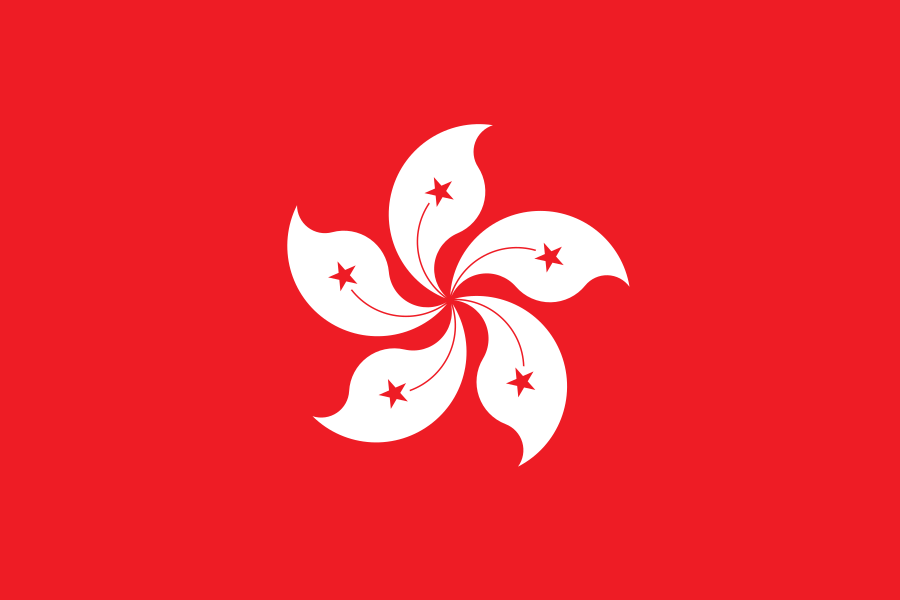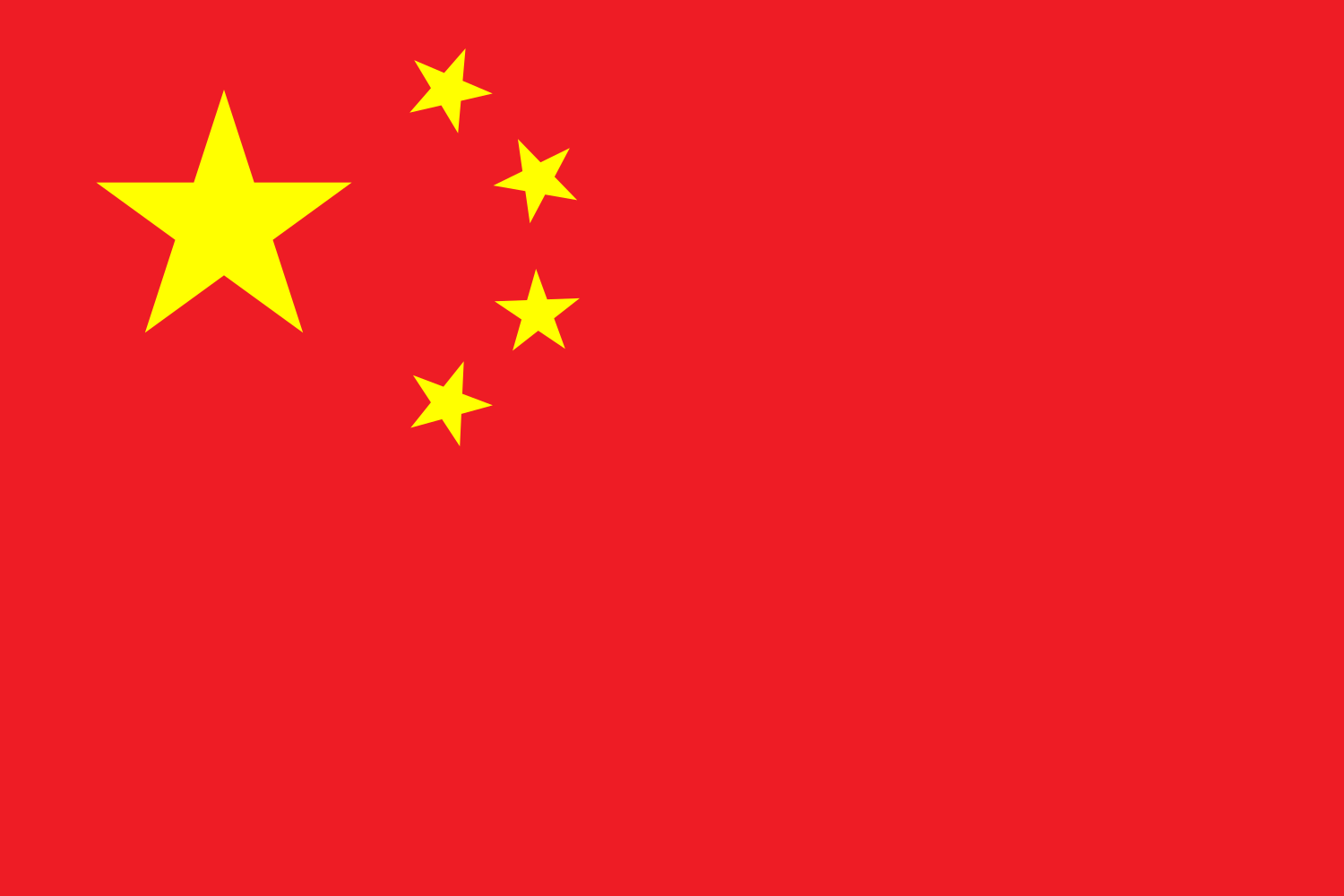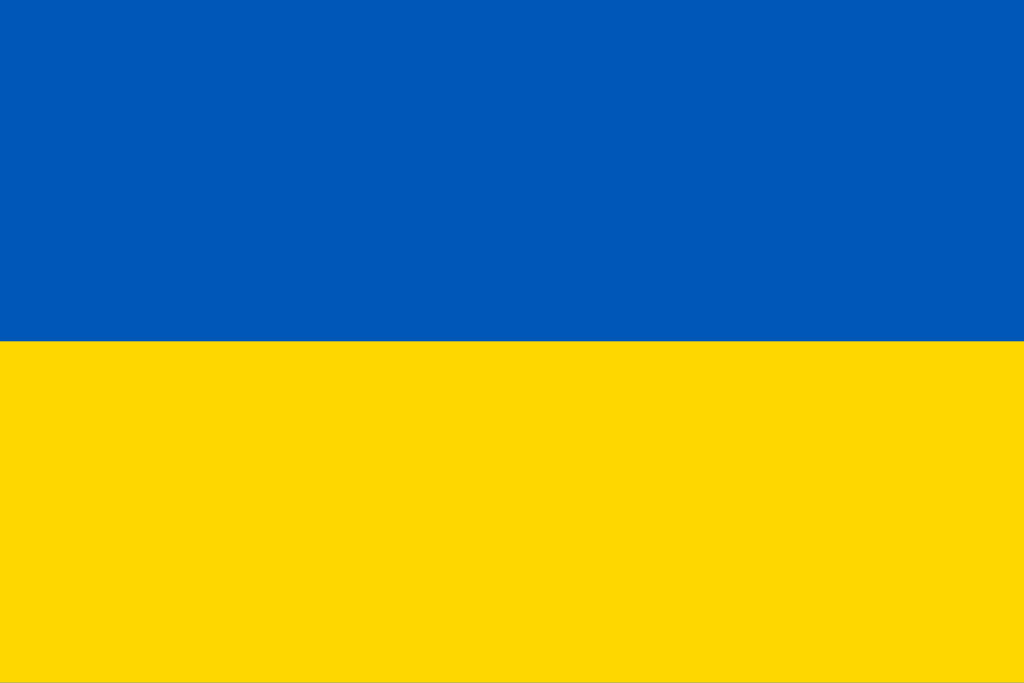A new book, written by Dr. Kent Calder, Director of the Reischauer Center for East Asian Studies at SAIS/Johns Hopkins University, and a former scholar at the Center for Strategic and International Studies (CSIS), has some answers. Think Tank Watch just completed reading the book, titled "Asia in Washington," and has aggregated some of our favorite excerpts on think tanks:
- Washington houses a formidable information analysis complex, including the world's most influential think tanks.
- Many of Washington's think tanks are a short walk from one another and are highly competitive. Like Silicon Valley and Madison Avenue, Massachusetts Avenue and K Street in Washington are classic "competitive clusters," where rivals generate information and ideas because of close proximity.
- Networking and information gathering are the lifeblood of Washington, and these are pursued in diverse forums across the city, including think tanks.
- Seven of the top twenty think tanks on earth are located within less than a mile of the 1700 block of Massachusetts Avenue, N.W., and nine are based in Greater Washington.
- Washington tanks tanks are not primary generators of original research; that function lies with universities.
- Think tanks are a relatively new type of Washington institution, which has risen sharply in prominence over the past twenty years, aided by the information revolution and globalization.
- Think tanks are the ultimate idea brokers, or intellectual middlemen.
- Although the Brookings Institution was founded in 1916, most of its counterparts were born in the 1960s and 1970s and have risen to policy prominence only over the past decade.
- Think tanks are known for their ability to scour the world for attractive ideas, to legitimate them, and to promote them through electronic communications.
- Think tanks have developed an especially intimate relationship with Asian nations, as their strengths are particularly complementary to the weakness and needs of Asian actors in Washington.
- Think tanks, over the past two decades, have emerged as a complement to, and in some cases a substitute for, lobbyists, due to the ability of think tanks to exploit the rapidly growing information search and propagation capacities of electronic communications.
- The number of think tanks with major US-Japan activities fell for many recent years, from twenty in 1998 to only ten in 2009, although it has since rebounded slightly.
- In 2009, there were only four Japan specialists at Washington think tanks, compared to seven Korea specialists and 42 who focused on China.
The book, which was published by Brookings Institution Press, can be found here.



